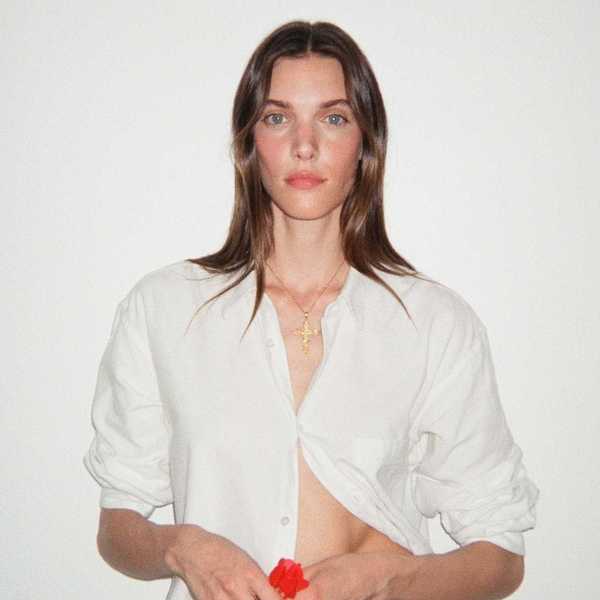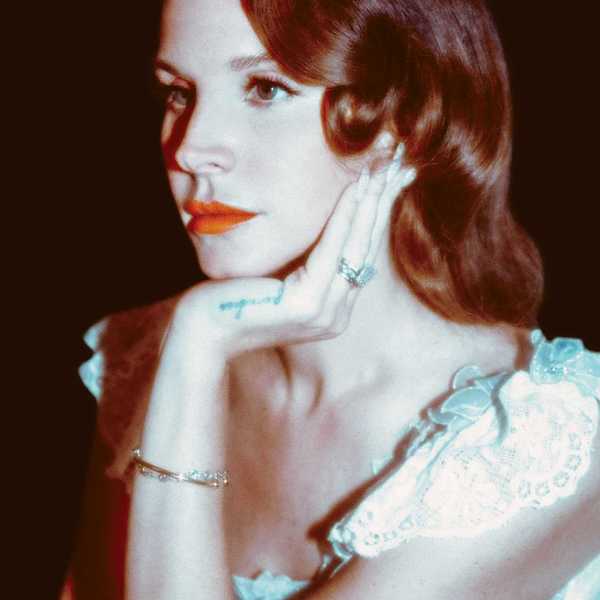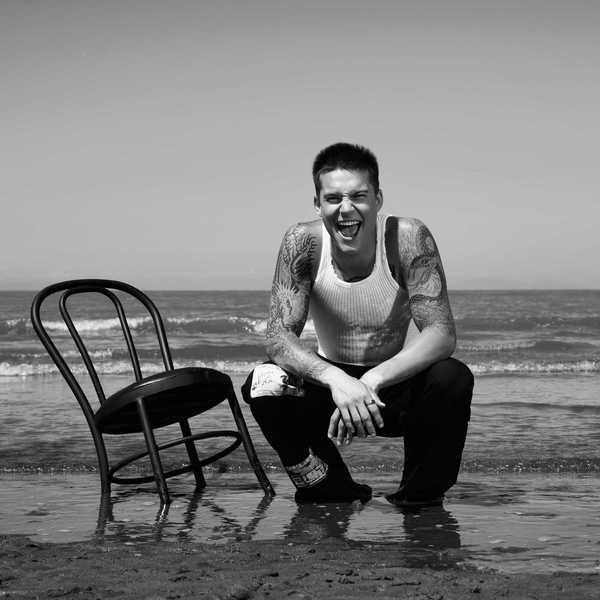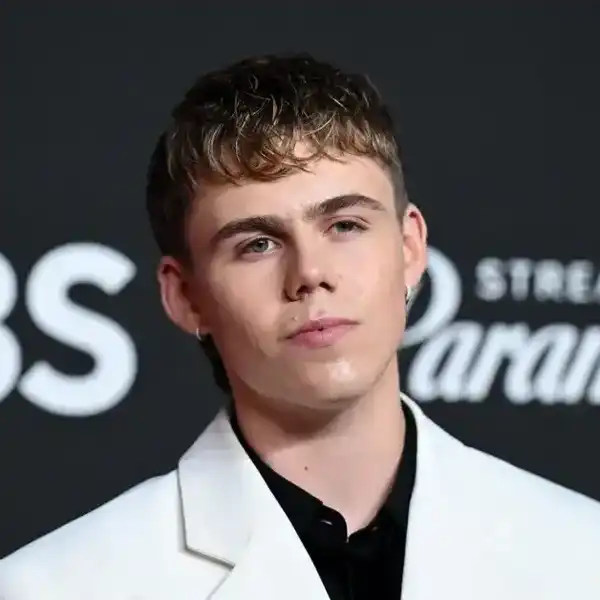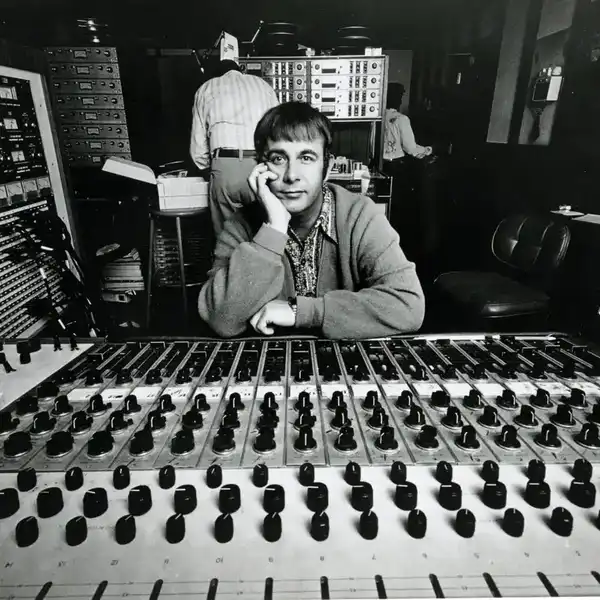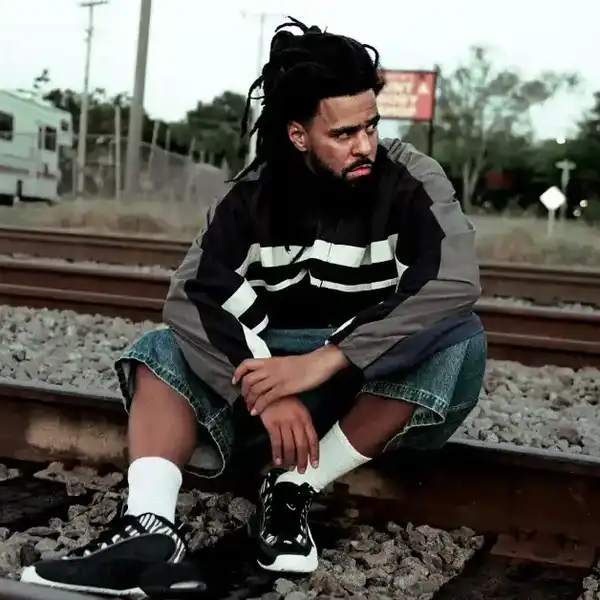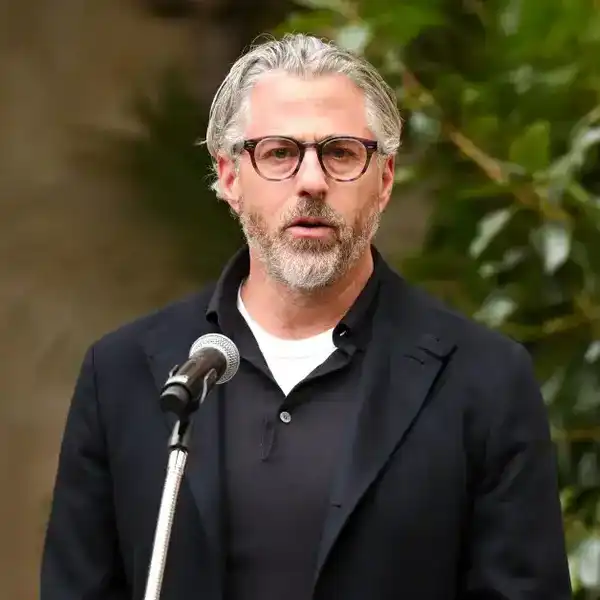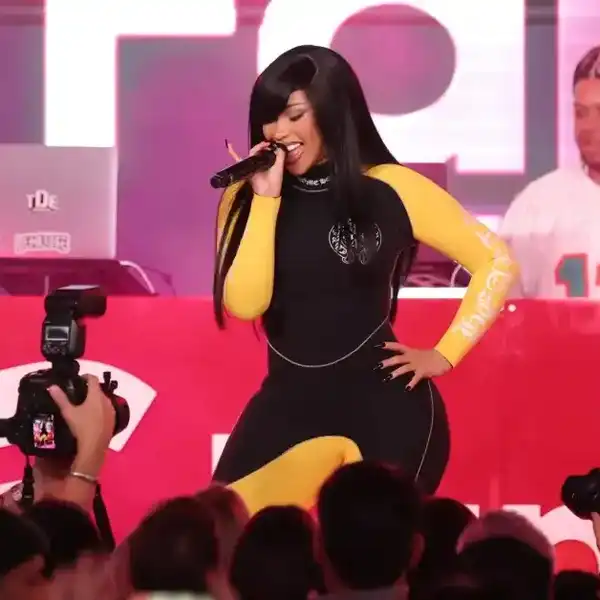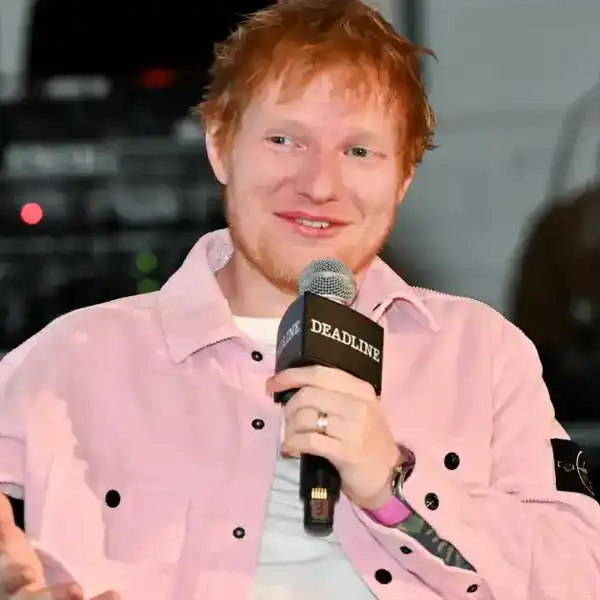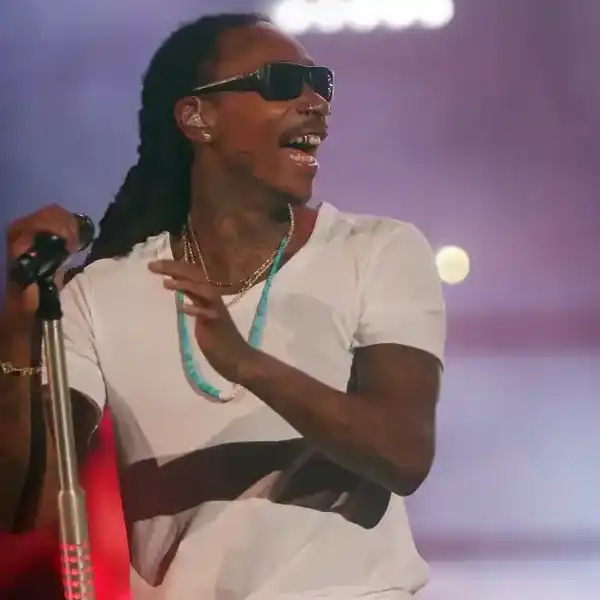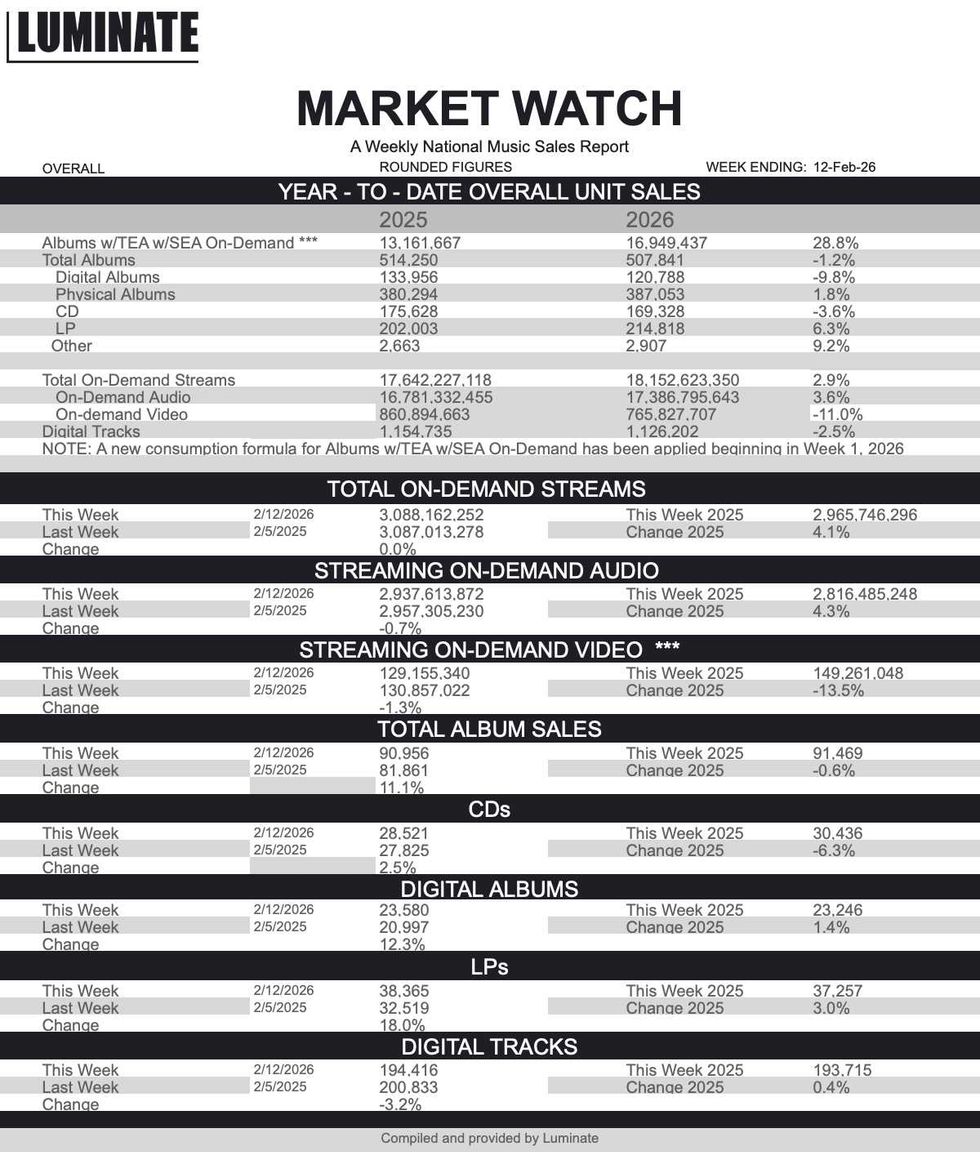A Conversation With .. Mike Bendixen (Newstalk 1010)
Back in the day, you would sit in your office, the phone would ring, and someone would say, 'hey I want to make a buy on radio.' And it was like 'OK, I'll take your money,' and then you spend the afternoon out drinking.Nowadays, you're chasing every nickel and dime.
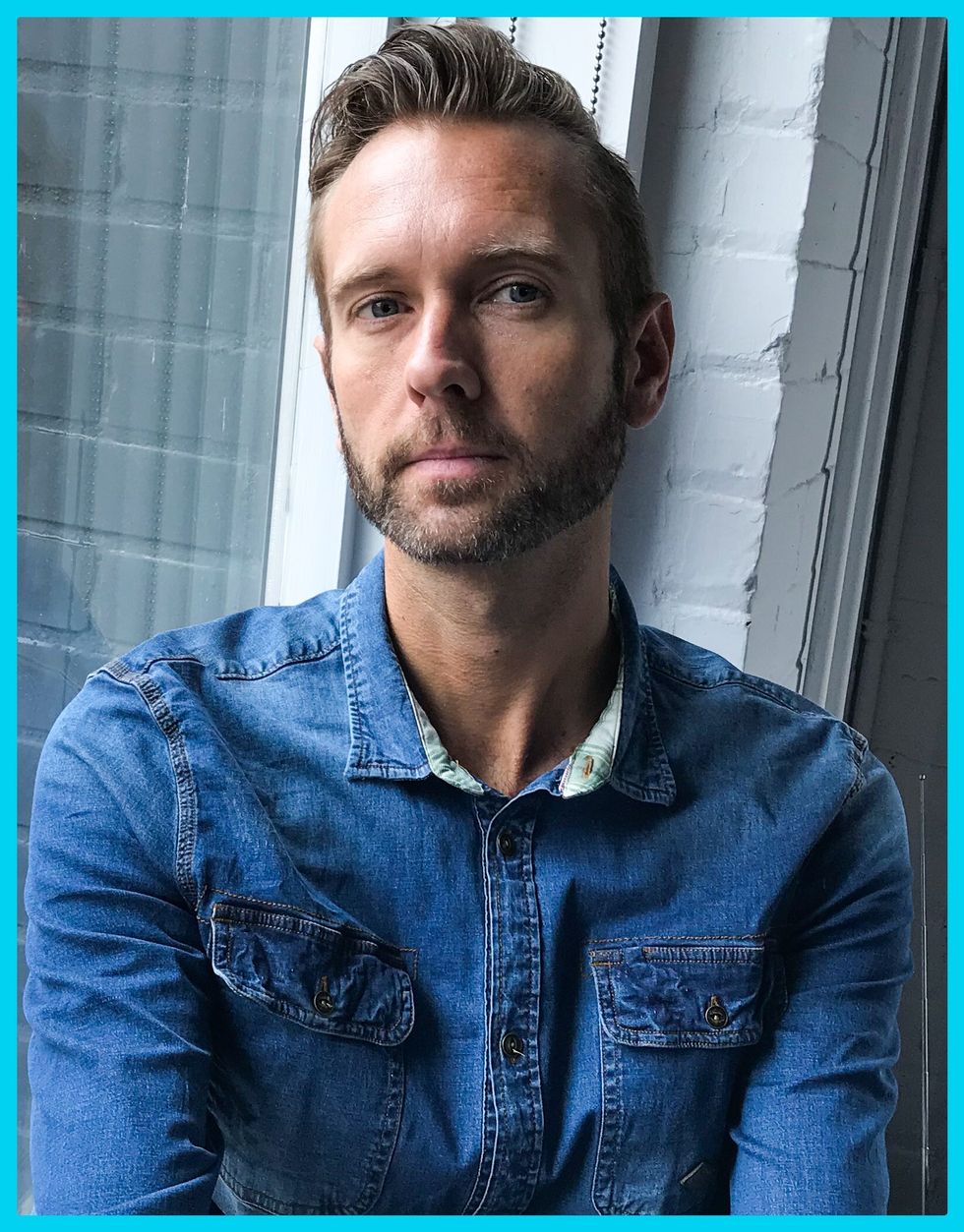
By Bill King
For Ted Woloshyn and me, it’s season number eight of Saturday’s with Ted at Newstalk 1010.
When I got the invite from Ted to be music director in 2010, I had not a clue how this would roll along. The opportunity to give music artists a solid shot at talking about new releases and concerts on a prime-time Toronto radio station appealed to me.
A good six years we filled four hours every Saturday afternoon. What a blessing for a news junkie pianist like me. Dignitaries, politicians, entrepreneurs, filmmakers, authors, and comics all made the rounds. John Byner, Ron James, Kenny Robinson, Sandra Shamas, Jamie Farr, Eric Peterson. Singers and players such as Arturo Sandoval, Roberta Gambarini, Marc Jordan, Ian Thomas, Jimmy Webb. On-site with sports icons like Cito Gaston, Sandy Hawley, George Chuvalo, Johnny Bower, Russ Jackson. The list is endless.
On the frontline for all of this is program director Mike Bendixen. Often I'm asked, 'Who or where in the world does a piano player besides yourself get to play for three hours live on air every Saturday afternoon?' I truly don’t know – but I thought it was imperative to sit down and have a chat with the boss and see what makes him tick. Enjoy!
So why radio?
Do you want the honest answer?
I've talked to some who say they were five years old and got a Mr. Microphone as a gift and started yelling at family.
That was not me. I never had a passion for it as a kid. I was never one of those guys that was out buying the latest albums and checking out the newest music. All my friends were into music in a big way.
My earliest kind of recollection of being around a radio quite honestly would be as many kids my age would have done as you know, recording your favourite song on like a Casey Kasem Top 40 and hitting pause and record and hoping to get the song and then make a mixtape. But quite frankly, the way that I got into radio was, I didn't do well in school.
Essentially, if we didn't go into some sort of formal education after high school, my parents would lose all this money. And so I had to go to college or university. I wasn't smart enough to get into university, and I remember sitting in my kitchen at home at my parent's place and looking through this course calendar at different colleges and then looking into this radio program I had no idea existed. I thought, well that can be fine. That doesn't sound like work. So I applied. I applied to all of these programs, and I couldn't get into any of them. And then thankfully, I eventually got into the radio program at Humber. It was more of a desperation type move for me than anything else. That was kind of my first footstep into trying to find out what radio was all about.
When you signed up for the radio program were you thinking 'I want to be on air, in management or somewhere else' in radio?
One thing that I found interesting was - we had to do a documentary. I enjoyed doing this kind of radio doc I did on homelessness in Toronto, and I did enjoy walking around the streets of Toronto talking to homeless people and trying to figure out their story; where they came from, why they were on the streets, etc. That was interesting to me. Getting stories out there if you will. But I was fuckin lost. And part of it was being born and raised in Scarborough.
Humber College is on the other end of town. So while a lot of the students stayed out in the west end at the school, I was doing this commuting thing back and forth and working and doing all these other things. I was a part-time student there. I enjoyed it, don't get me wrong. Humber was great for me. But it wasn't until I got into that building at Yonge and St. Clair that I figured it out.
How did you get in there?
I got in because I had some time and I needed to get an internship. I spent an evening one night at my then girlfriend's dorm room, she was at university, and I wrote e-mails to every radio station in the city saying I need an internship.
I heard back from the promotions director at CFRB who said, 'listen I just started as the new promotions director and I need a clean slate of interns, so why don't you come here.' Of course, I did.
I hadn't listened to CFRB, to be honest with you; it wasn't my thing. I walked in and sat down with the promotions director and got an internship in the promotions department.
And that felt good?
It felt good enough that I was pursuing what I was supposed to be doing from a college perspective. I don't know what the right word is, but I decided that I wasn’t going the announcer route or news route. I was going to go the sales and promotions route because I was always told, if you want to make money you go into sales.
I sold some airtime for Humber College and made some decent money doing it. So that's where I was like, OK I'm going to go into promotions. That was what I thought I was going to do -become a promotions director.
I remember speaking to my girlfriend and saying, ‘Hey! Listen, you know what? There's this promotions director gig at CFRB, and I think he makes 60,000 bucks a year. If I can get his job, I'm set for life’. That was my goal. I was like' I'm going to become the promotions director somewhere' and 'I'm going to make sixty grand,' and 'I'm going to be living the high life.' But it didn't take me long to figure out that that was not something I was passionate about.
If you look at sales guys and one of the great staffs in Toronto, go no farther than CHUM and Jack Addis and Gord Kidder. Those guys lived the life. I mean they lived the hard life and did incredibly well.
Those days are long gone.
I caught a glimpse of it when I first started in the business. Ron Hewitt, who I think we both know was a phenomenal salesman and just a great guy. Fun loving. And one of those, in my opinion - the ‘last’ of a dying breed of that era of sales guys. You could say to Ron at nine o'clock in the morning, not me, but someone else of higher importance, ‘Hey Ron, my car broke down. I need to get to the Muskokas this weekend. Can you hook me up?’ And within an hour - a new BMW would be sitting outside for you to drive up to Muskoka for the weekend. That was the kind of thing that today is totally different.
How does a sales team function differently today?
I don't know that much about the way it was before. There are stories I've heard.
Back in the day, you would sit in your office, the phone would ring, and someone would say, 'hey I want to make a buy on radio.' And it was like 'OK, I'll take your money,' and then you spend the afternoon out drinking.
Nowadays, you're chasing every nickel and dime there is because you're competing with so many more media outlets and there are so many more options.
Let's not even talk about the Internet and how much that has changed advertising. You know the shiny little object that becomes the flavour of the week, where all of a sudden all these ad agencies are like, ‘oh, we've got to be on whatever it is? Facebook, Google, Instagram, Twitter, all these and Snapchat. All these are shiny objects.
For radio guys, you gotta fight tooth and nail to get a slice of that dollar that before was a no-brainer. Oh yeah, for sure we're gonna buy radio, for sure we're gonna buy television and print. So, you were always guaranteed a portion of the pie. Of course, you had to be on the radio. Now, it's like you have to be on digital. You have to be on social media, and then it's like, 'oh well, do we have any money left over? Let's think about radio and television and all the traditional mediums that are out there.' These sales guys today, I tell you, I would not want to do their job.
It is a fight, and the other thing that's changed the landscape so much is this little term we've become more familiar with called, ‘value added’ which basically means like OK, you know Bill, you've got a hundred bucks to buy airtime. Great. But then you want an additional hundred dollars-worth of ‘value added’ stuff which is essentially, 'I've got to give you free exposure on the air. And if I don't give you that value-added, the guy down the street definitely will.
Back in the day, we used to be able to say OK, for your hundred dollars I'll give you another twenty dollars-worth of value. Got it? And you would go, oh my god that's fantastic. Thank you so much, I'll be loyal to you. Now, it's like everyone has to give you something. And it's so bizarre to me because it's kind of as if I was to walk into a store and want to buy a pair of shoes and I said, ‘how much are those shoes?’ They're like 100 bucks, and you say, ‘great and by the way, can you throw in the T-shirt and socks?’ Because that's the ‘value added.’ It doesn't work on any other platform when it comes to selling things. I think we’ve done ourselves a disservice where over the years we've started adding in these ‘value-added’ things and now it's no longer’ Value-Added.' It's just expected and mandatory.
Was the next step, show producer?
Yes, I mean I continued as an intern and one day I wandered around the station and asked 'are there other jobs I can do other than promotions?' And I ran into Nick Maiorano who was the board op for the Ted Woloshyn Show at the time, and he said listen, 'we don't have a full-time morning show producer. We have interns that come in and help put the show together.'
Ted had probably been there for two or three years, and there was no full-time producer. The job didn't exist, ironically. And so I started interning a couple of days a week and then that turned into five days a week of me coming in and helping Ted. And I knew fuck all about producing radio. Nothing! I learned by saying, ‘Hey Ted, what do you need, what do you want?
As Ted's show evolved we'd open up more airtime and did more interviews and then we would come up with new ideas like, let's take the show on the road, let's do this, let's do that. Eventually, that internship turned into a full-time position where they said OK, you know what, we need a producer on the morning show. It's an important show obviously. And so, I got hired as the first producer of the morning show at CFRB.
Did Wally Crouter have a morning show producer all of those decades?
Wally had a technical producer, but he didn't have a producer in the way that Ted’s’ show did. It was so much different than Wally’s. Ted’s show evolved into very much a news magazine if you will show, similar to what our morning show is today. A lot of interviews, a lot of guests. You know the premier pops by. The police chief pops by. There are other guests that you know, like celebrities coming to town. Can we get them on the show?
9/11 happens and that changes the dynamic of everything. That allowed me to get my foot further in the door and a full-time job. Then from there, thankfully, management, and other people in the building allowed me to do different things. I did some reporting. I did a talk show for a little while.
The big break for me as I see it and as I've said many times the story is, when the tsunami happened in 2004 I was asked to go to Sri Lanka and produce for Taylor Parnaby, who was being sent over there. I went along and stayed in one part of Sri Lanka and then went to another part of Sri Lanka. I was reporting essentially for our radio stations in Canada from the devastated parts of Sri Lanka and learned a lot and saw a lot of unbelievable things.
When I came back from that trip that's basically when Gary Slaight probably thought, 'there's more to this kid than we're allowing him to do. He did some really interesting things when we sent him to Sri Lanka.' Through the blessing of Gary, I would imagine, I got a job as a news director and program director for our sister station in Montreal, CJAD.
How long was the stay?
I was 26 when I went there. Here's what I tell a lot of people. People who reported to me - I was the program director there; a lot of the staff there had worked at the radio station longer than I'd been alive. So, it was a unique dynamic for a young guy from Toronto to go into Montreal and start telling people what to do. You know what I mean? You can imagine that it wasn't the easiest of transitions. Over time I got to love working with the people there. I had great experiences and as you said, what a great town. CJAD is like an amazing radio station along with working down the hallway from folks at CHOM and Terry DiMonte and all these guys and Rob Braide and just some phenomenal people. It was a blast.
Did you get out much with Rob and the folks?
Listen, this is the difference between working in Montreal for Standard Broadcasting and what it's like today.
Rob Braide would announce over the P.A. in the building, ‘Hey it's Friday everyone: at 3:00, I expect to see you over at Ziggy's on Crescent Street. You know, Gary's in town and the bar's open' kind of thing. That would be a regular occurrence. Here again another difference between then and now.
I had an expense account at Ziggy's, at a pub where I was encouraged to take people and write off expenses for a night out drinking. That doesn't exist anymore today. Those were the fun times. A lot of learning. And then when Astral bought us things changed a little bit and then of course when I came back to Toronto things changed a lot more and now its Bell, things have changed even more.
It goes without saying for me that the days of working for Standard Broadcasting were phenomenal because you could do and try so many different things. Not to suggest that I can't today, but back then you know, if Gary and others thought this is a good idea, let's give it a shot, you could go and do it. It was so much fun being able to work for a real family. And that's how it felt. When I went to Montreal, it felt like a small family that you worked for, and whenever ‘Big Daddy’ came into town, it was even more fun.
For me, as a guy that started out as an intern and being able to sit around a table and I do remember sitting around a table having dinner with Gary Slaight, Terry DiMonte and Rob Braide in Montreal, I was like, oh my god like how the hell did I end up here? I still have those moments in this business where I'll be in a meeting, and I'll be like, 'what the fuck am I doing in this room right now?'
Do you have those moments?
Oh yeah, I literally had one two days ago while I was sitting in the biggest boardroom that this facility has, overlooking the parking lot on 299 Queen Street. I'm sitting in a room with Randy Lennox, the president of Bell Media and a bunch of other VIPs of the company, and I'm just like,’ what am I doing here?'
I remember taking a day off school to come to 299 Queen when City TV used to do an ‘open house’ once a year where you could come in and do a tour. I took a day off school and did this nerdy tour of the City Pulse newsroom, and there are moments when I walk in those front doors off Queen Street, and I'm like, 'I can't believe that I work in this building'. I have those moments all the time.
Not that long ago I was in my office, and I was sitting talking to Gordon Martineau, and Marilyn Dennis walked in, and the three of us are sitting in my office shooting the shit about stuff. And at one moment I said, ‘guys you have to understand I'm having an out of body experience because the two of you are sitting in my office and we're chatting as high school friends, so to speak, and my mind is going somewhere else.’
To have a boss like Randy Lennox, who actually has a music background, can bridge those divergent worlds. Music and entertainment and media.
I think a lot of that goes to what you see through Randy's influence on the company overall in terms of producing musicals like Bat Out of Hell as an example. Obviously, the television show, The Launch. You know you see these integrations of how to promote talent and how to promote music.
Just the other night we had a live music performance at Young-Dundas Square with Arkells. There are influences of Randy throughout. But the fascinating thing for me, is I’ve worked under a couple of heads of Bell Media since I've been here, but the exciting thing with Randy is more often than not he will turn to others in the room and say, ‘what do you think?'
For someone like me, it’s too cool. I mean it's just cool to have someone turn to someone that you look at with high regard and someone that's done a lot of great things in this business, and so enjoy it. And for someone like that to turn to you and ask, 'what do you think?' And not only say it but listen and give a shit about your opinion. To me, it's another one of those mind-blowing moments when you're like OK thanks - you know I mean, I don't know how to describe it, but it's like, yeah!
Talk radio. We're coming up to Ontario provincial elections, and we’ve seen what happened with Sinclair network south of us and how they manipulated local news. How do you try and deliver balance knowing this will be a volatile election? You've got a premier whose approval rating is running at a low 12 percent and a candidate that's far to the right and someone we know who thrives on chaos and bullies.
The answer to that question goes back almost eight or nine years. Since I've come back to CFRB, and the one thing that I wanted to do when I came back here was get away as much as we can from one guy on the air with one opinion. And what we've tried to do is - yeah ok, you can have a guy on the air that has a view, but I also want to hear from the guy that has the opposite opinion. And then the guy that has the whatever bizarre other opinions as well. And I think we've done a good job of that on the radio station. That's why we've instituted some roundtable discussions, so there are other opinions allowed to become part of the conversation. That's why we have a variety of views on the air between the morning show and evening show.
We’ve done things intentionally so that the radio station has a broader appeal to it; so I don't have to worry so much about if we are going to be considered the Doug Ford supporting radio station or the Kathleen Wynne supporting radio station or whatever. I think if you listen to us over the course of the entire day, you'll get a balance.
Do you miss John Tory?
Oh yeah!
He was remarkable on air. I’d listen to John Tory and outside of being our mayor, I thought I've never heard anybody recite from their head two pages in length without breaking a thought or bumbling a word. What a rare gift!
Here's the other rare gift that John Tory has. He loves to learn.
I did air checks with John every two weeks, right. And if you ask him to this day, he'll tell you the story that still pops up in his calendar and his BlackBerry that he's got a calendar reminder that says you know, Mike Bendixen aircheck and he keeps it in there as a reminder and laughs every two weeks.
But John would be the guy that would be at the mic check five minutes in advance. He was taking copious amounts of notes and wanted the feedback. At times there were heated exchanges about what I thought he should be doing and what he thought he should be doing. But he loved to learn. He was engaged in the craft of how to become a better talk show host. The other thing that John has that nobody else in this market had was that he's got unique life experience.
There’s no one else in like him on Toronto radio. When Ronald Reagan died, I sent John a text saying, ‘hey John, have you ever met Ron Reagan?’ He said 'yes, I’ve been in the Oval Office three times.' Name me one other personality that's on the air that can say they've been in the oval office three times? It just doesn't happen. That was a unique skill set that he had because of his life experiences. And what made him unique was that he was able to translate those experiences onto the air.
When Ronald Reagan dies, who would you rather listen to, a guy on the dial that's just telling anecdotes or a guy that's like – ‘you know the first time I walked into the Oval Office and set eyes on Ronald. OK. That guy wins.’ It's much like sports in my opinion. I'd rather hear from a guy that used to play professional baseball than a guy that just watches it sitting on the couch.
Which brings me to sports and how much sports broadcasting has changed. Athletes are in the broadcasting pre-game seats and in between segments that used to be filled by pundits. It’s now the residence of jocks. I find it fascinating: Charles Barkley sitting next to Kenny Smith sitting next to Shaq. Great players with first-hand insights into the game.
That's why you know John Tory works - we're in the same business right. Former politicians are now doing radio. John Tory is a good example of that. Tim Hudak who does work with us now is growing into a great talk show host and again learning a lot of things.
We’ve got former communications directors that work with us. Rob Ford's former chief of staff works for us. There's a lot of that transition as well. And for me, that's where I often will go to when I'm looking for some talent for the radio station. I don't go necessarily to colleges or down that route. I'm looking for who's got experiences, whether they be a former politician or former communications director or whatever, that can translate that experience onto the radio. Right. I'd rather hear from someone that says no no no, I've been there. And this is what's happening as opposed to someone that just goes, 'I think this is what's happening'.
By 2019, ‘millennials’ will be the driving force in the country. Do you keep that in mind?
No! Here’s what I do keep in mind. We can get dragged so many different ways. What I try to keep in mind is at the end of the day - we are still a very vibrant radio station.
The numbers are great.
Yes, but we can't start being all these other things and then you lose focus of – ‘no we're still a fucking radio station.’ You’ve seen numerous businesses that try to dabble in all these other things, and then eventually they fall apart. And I think that's what we focus most on is the day to day, are we delivering compelling content? Most days, I think we probably have a good sixty to seventy when we hit it out of the park seventy percent of the time.
We're still far off from being 100 percent.
I think eventually you come to a stage in your life where you realize you need to be more engaged in what's going on in the world and that is what we try and do here. And we try and do it compellingly and entertainingly if you will.
And I think much like I've grown up in this business and others have. I think all of a sudden you go, enough of the kind of pop culture music stuff.
That's great, and there's a part of that, that will exist in my life but at the same time, I also need to realize what does my future look like?
Where are my taxes going?
What are the politicians doing?
What's the environment?
All that stuff.
I don't worry about that. I worry more about whether we are delivering the right content at the right moment.


